Introduction
In an age of constant digital distractions, the ability to maintain focus and concentration has become a critical skill. Whether it's the steady stream of notifications or the pressure to multitask, staying attentive is increasingly difficult—and increasingly important.
Sharpening attention skills offers a range of benefits. Cognitively, it enhances memory and problem-solving abilities. Academically, students who can concentrate are better equipped to absorb and retain information. Emotionally, improved focus reduces feelings of stress and overwhelm by enabling individuals to complete tasks more efficiently.
The significance of these skills is not lost on educators. According to a 2024 report by Education Week, 76% of school leaders identify lack of focus as the top barrier to student learning. This statistic underscores the urgent need for effective focus and concentration tips to support learning and development in today’s high-distraction environment.
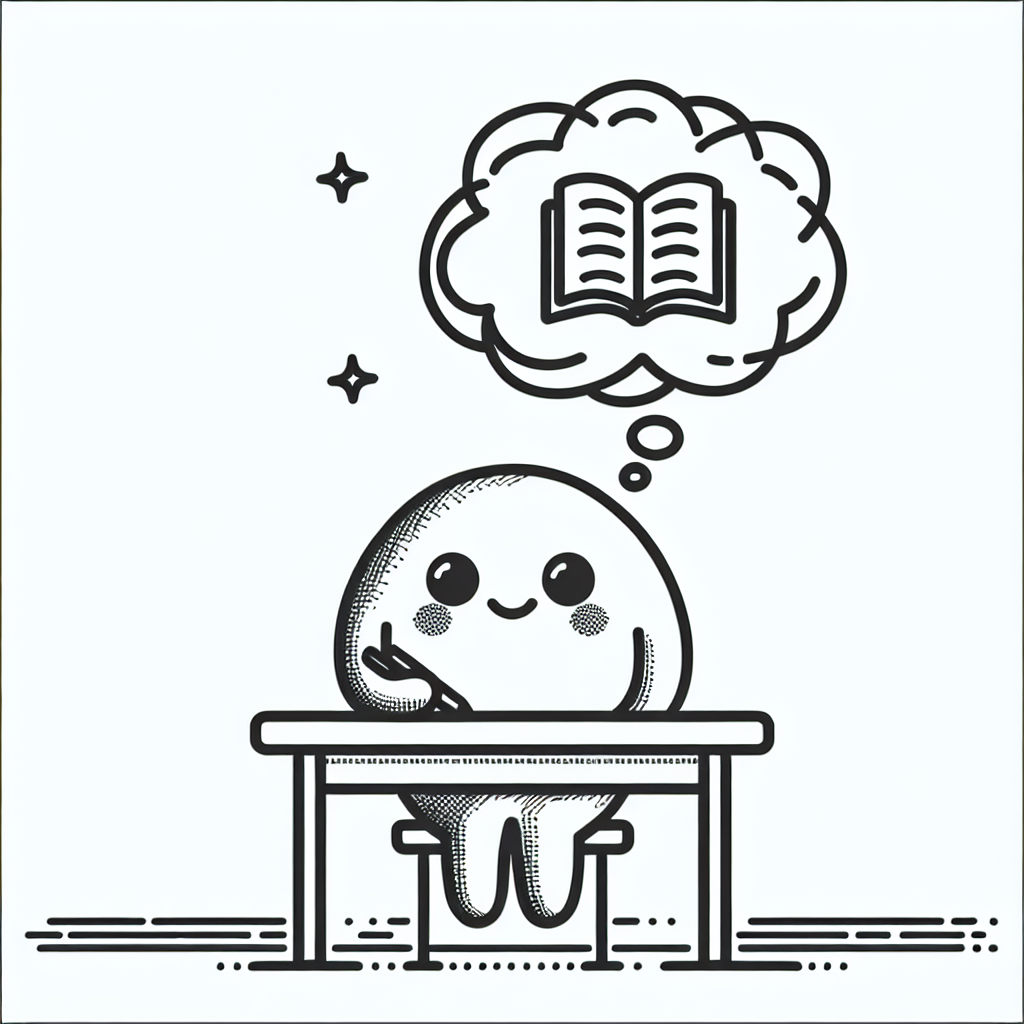
🚫 Eliminate Distractions at the Source
🔍 Identify Your Personal Distractions
Improving focus and concentration starts with recognizing what pulls your attention away. Internal distractions such as stress, hunger, and fatigue can quietly undermine your ability to stay engaged. External distractions—like smartphones, background noise, or the lure of social media—can be even more disruptive.
To combat these, begin with self-awareness strategies. A common method is distraction journaling: each time your focus breaks, note the cause. Over time, patterns will emerge, helping you identify and address your most frequent distractions.
🏡 Create a Distraction-Free Zone
A controlled environment can significantly boost your ability to concentrate. Set up a dedicated workspace reserved only for tasks requiring focus. This physical separation cues your brain to enter work mode.
Minimize noise with tools like noise-canceling headphones or ambient noise apps. Silence unnecessary alerts by turning off phone notifications and installing app blockers on commonly used platforms.
According to Bowdoin College, creating a distraction-free environment is essential for sustained concentration.
📵 Single-Tasking Over Multitasking
Multitasking might feel productive, but research shows it has the opposite effect. It fragments attention, reduces memory retention, and increases cognitive fatigue.
Instead, use time-blocking to batch similar tasks together and finish one before starting another. This approach supports deeper focus and efficiency.
East Tennessee State University reports that multitasking can reduce productivity by up to 40%. Harvard Health also confirms that multitasking erodes memory and emphasizes the brain’s need for downtime to reset.
Applying these focus and concentration tips by eliminating distractions at the source can lead to more efficient and effective work sessions.
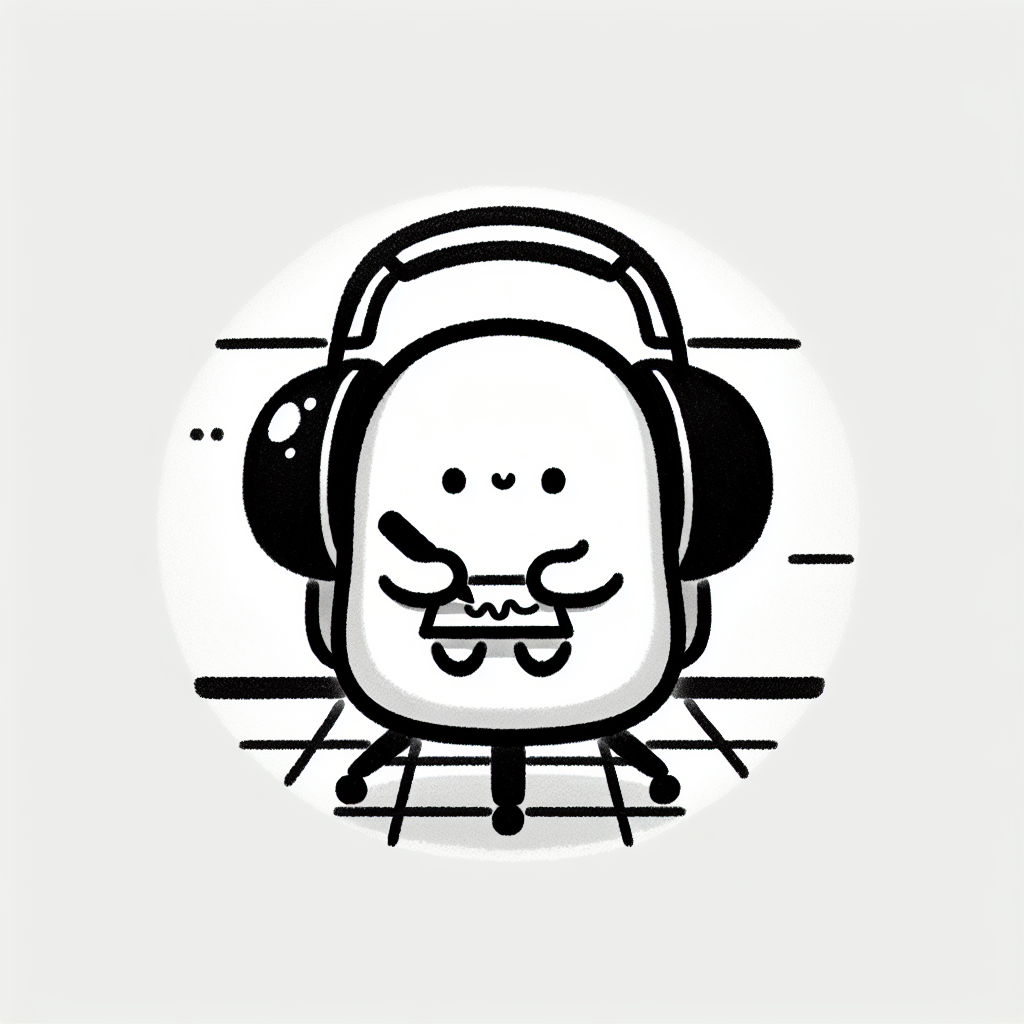
Optimize Your Study and Work Habits
📝 Active Learning Strategies for Focus Retention
Improving focus and concentration begins with how you engage with material. Active learning strategies such as flashcards and self-quizzing can significantly improve information retention. These methods encourage the brain to retrieve information actively, reinforcing memory pathways. Another effective technique is the teach-back method—explaining the material to someone else in your own words. This not only tests your understanding but also strengthens your recall.
Summarization also plays a key role. After reading or attending a lecture, take a few moments to write a concise summary. According to Eastern Illinois University, reviewing notes immediately after class boosts memory consolidation, making it easier to retain core concepts.
⏱️ Use Proven Time Management Techniques
Efficient time management enhances focus and reduces burnout. The Pomodoro Technique is a widely-used method where you work for 25 minutes followed by a 5-minute break. These short, structured intervals help maintain concentration and prevent mental fatigue.
Additionally, techniques like time blocking—allocating fixed periods for specific tasks—and the Eisenhower Matrix—prioritizing tasks by urgency and importance—can streamline your schedule. Including buffer zones between tasks can also minimize cognitive overload and help maintain steady productivity.
🎯 Set Clear, Achievable Goals
Setting clear goals helps maintain direction and focus. Break larger projects into smaller, manageable tasks to avoid feeling overwhelmed. Applying the SMART criteria—Specific, Measurable, Achievable, Relevant, and Time-bound—ensures that goals are clearly defined and progress is trackable. This structure helps sustain motivation and keeps concentration aligned with tangible outcomes.
Incorporating these study and work habits provides practical focus and concentration tips that support long-term productivity and learning efficiency.
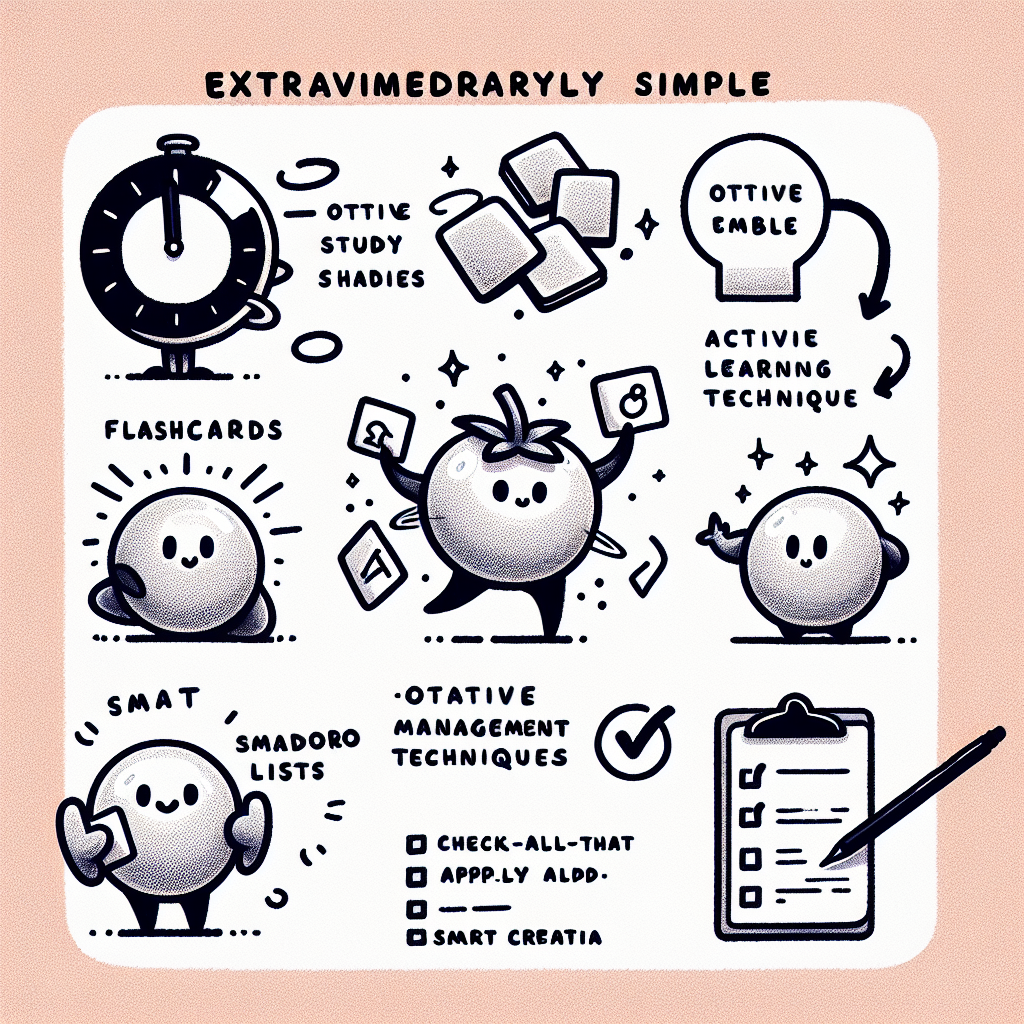
💤 Sleep: The Foundation of Mental Clarity
😴 Why Sleep Matters for Focus
Getting enough sleep is essential for maintaining strong focus and concentration. Sleep plays a critical role in consolidating memory and supporting executive function, both of which are necessary for effective learning and clear thinking. When sleep is lacking, attention span decreases, reaction times slow, and decision-making becomes impaired. According to Bowdoin College, adequate sleep is a prerequisite for sustained focus, underscoring its foundational role among focus and concentration tips.
🛌 Sleep Hygiene Tips for Better Cognitive Performance
Improving sleep hygiene can enhance mental clarity and concentration. A consistent sleep schedule helps regulate the body's internal clock, making it easier to fall asleep and wake up refreshed. Avoiding screens at least one hour before bedtime can reduce exposure to blue light, which interferes with melatonin production. Using blackout curtains and white noise machines can create an environment conducive to restful sleep. Additionally, exercising earlier in the day promotes deeper, more restorative sleep—all of which are effective focus and concentration tips rooted in quality rest.
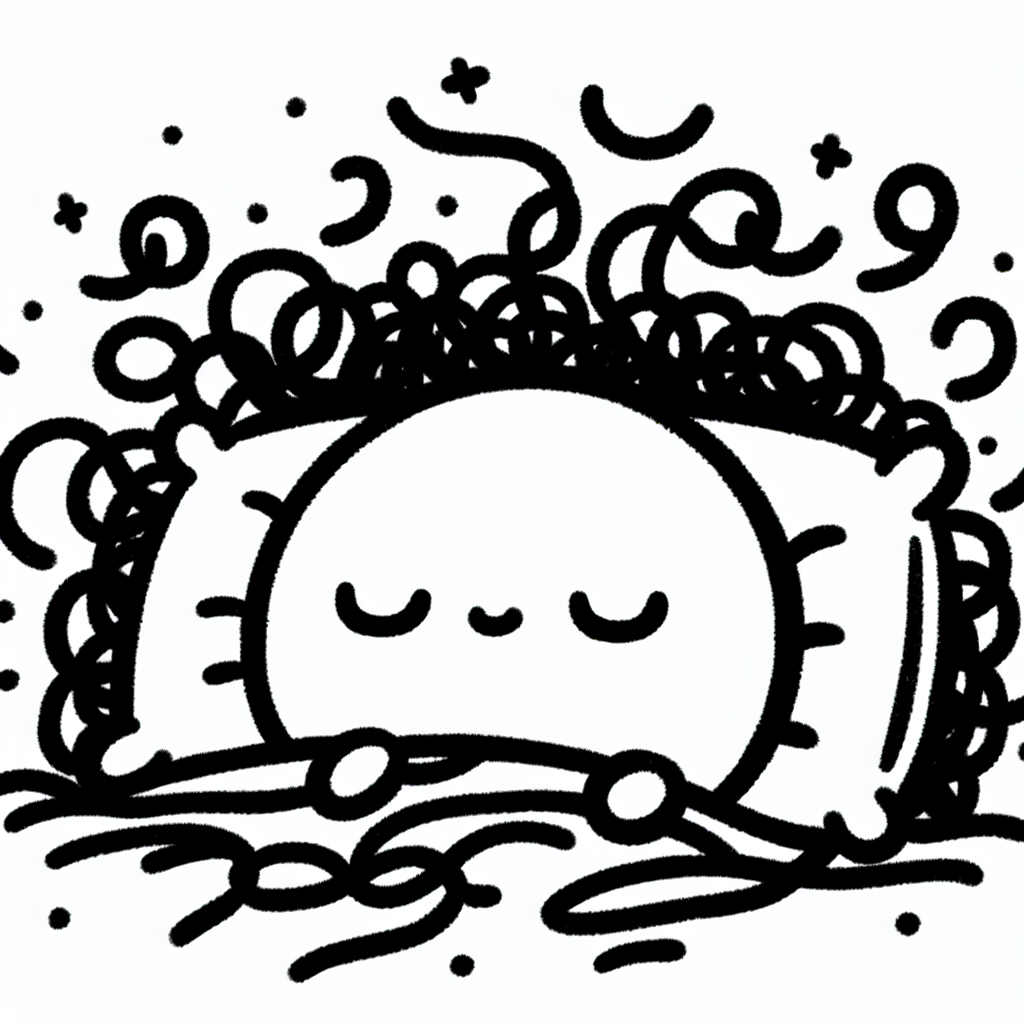
🏃♀️ Move to Focus: The Role of Physical Activity
🧬 Brain-Boosting Benefits of Exercise
Incorporating physical activity into your daily routine is one of the most effective focus and concentration tips. Exercise enhances neuroplasticity, which is the brain's ability to adapt and reorganize itself. This leads to improved cognitive functions, including attention span and memory retention. Physical activity also helps reduce stress by lowering cortisol levels and increasing mood-regulating neurotransmitters such as dopamine and serotonin.
According to Bowdoin College, regular exercise has been shown to significantly improve mental performance, making it a crucial component for anyone looking to sharpen their focus and concentration.
🏋️ Recommended Routines for Better Focus
For optimal cognitive benefits, aim for 30 minutes of moderate aerobic activity, such as brisk walking or cycling, three to five times per week. To further enhance focus, include coordination-based exercises like yoga or dance, which engage both the mind and body. During study or work sessions, quick movement breaks—such as stretching or a set of jumping jacks—can help reset attention and improve concentration levels. These focus and concentration tips support sustained mental clarity and productivity throughout the day.
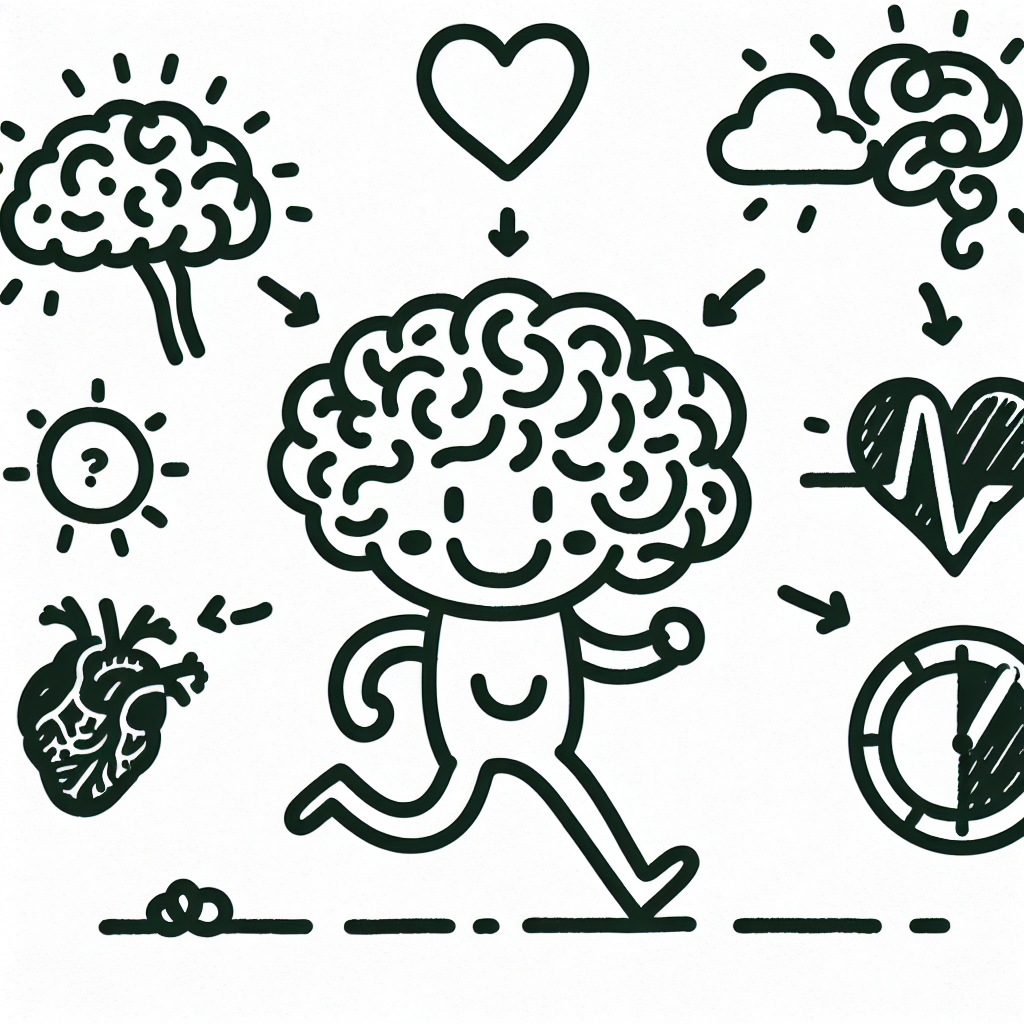
🧘♂️ Mental Training for Sharpened Attention
🧘 Mindfulness and Meditation
Daily mindfulness and meditation practices are effective focus and concentration tips that can significantly enhance sustained attention and emotional regulation. Engaging in even 10–15 minutes of meditation each day helps calm the mind and reduce mental clutter, making it easier to concentrate. Apps like Headspace and Calm provide guided meditations tailored for beginners and experienced users alike, offering structured support to build a consistent habit. During moments of stress or distraction, practicing mindful breathing—simply focusing on the inhale and exhale for a few cycles—can help refocus your attention quickly.
📓 Journaling and Reflection
Journaling is another practical tool among focus and concentration tips. Use daily prompts to identify sources of distraction and to set focused intentions for the day. Writing down your thoughts can offload mental noise and create clarity. Additionally, reviewing your journal weekly allows you to observe productivity patterns and adjust habits accordingly. Over time, this reflective practice can help reinforce behaviors that support better attention and minimize distractions.
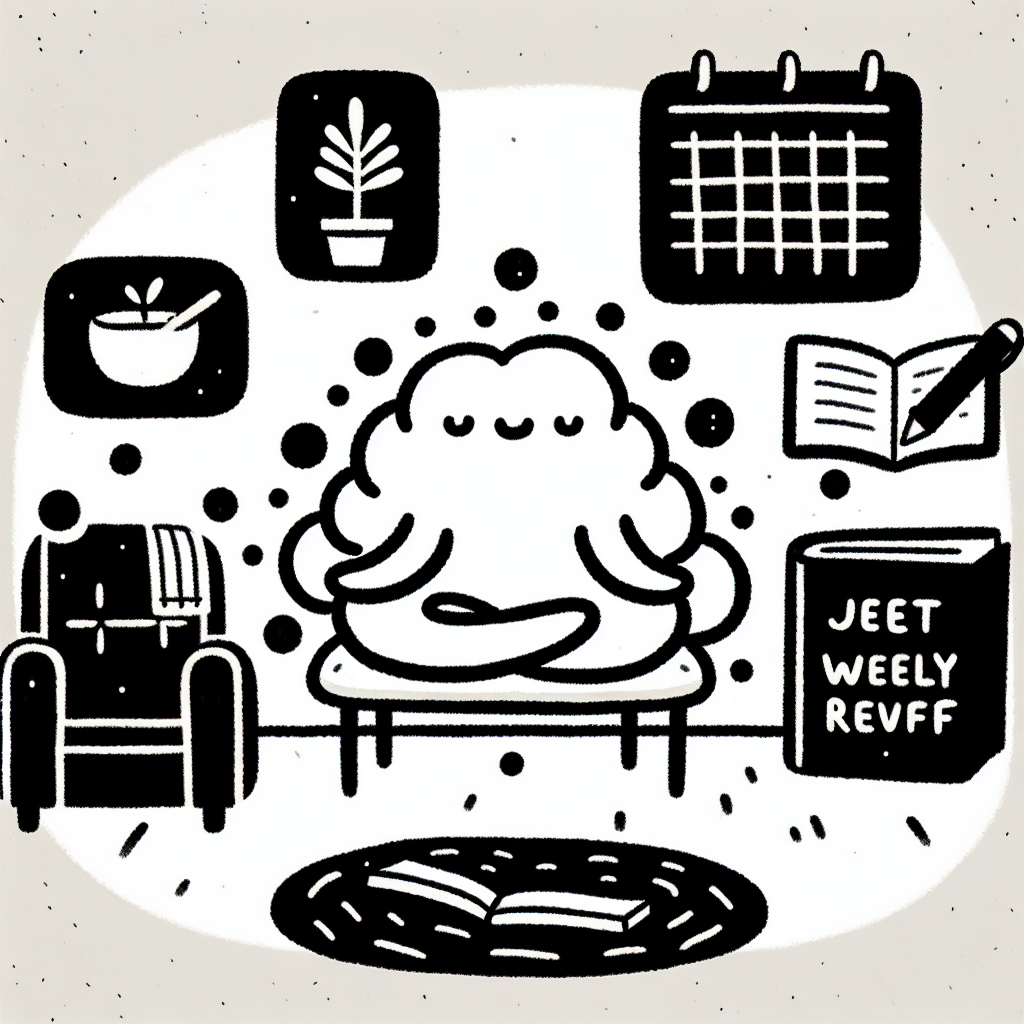
🧩 Tools, Tech, and Environmental Design
📲 Digital Tools to Enhance Focus
Using the right digital tools can significantly improve your ability to stay on task. Focus apps like Forest, Freedom, and Cold Turkey help reduce digital distractions by blocking access to distracting websites or encouraging focused work sessions through gamification. These tools support the development of better focus habits over time.
Task management platforms such as Todoist, Notion, and Trello allow users to break down goals into manageable tasks, prioritize effectively, and maintain a clear overview of responsibilities. These systems promote sustained attention by minimizing the mental clutter that comes from trying to remember everything.
Ambient sound generators like Noisli and Brain.fm can also enhance cognitive performance. By providing consistent background noise or scientifically designed audio tracks, these tools help mask distractions and support deep concentration.
🪑 Ergonomics and Atmosphere
Environmental design plays a critical role in supporting focus and concentration. Keeping your workspace clean and clutter-free minimizes visual distractions and can increase mental clarity. A well-organized desk sets the stage for more productive work.
Natural lighting and the inclusion of indoor plants have been shown to boost mood and cognitive performance. Exposure to sunlight helps regulate circadian rhythms, which impacts alertness and energy levels throughout the day.
Additionally, maintaining a comfortable room temperature and good posture supports cognitive stamina. An ergonomic chair and desk setup reduce physical discomfort, allowing you to concentrate for longer periods without unnecessary strain.
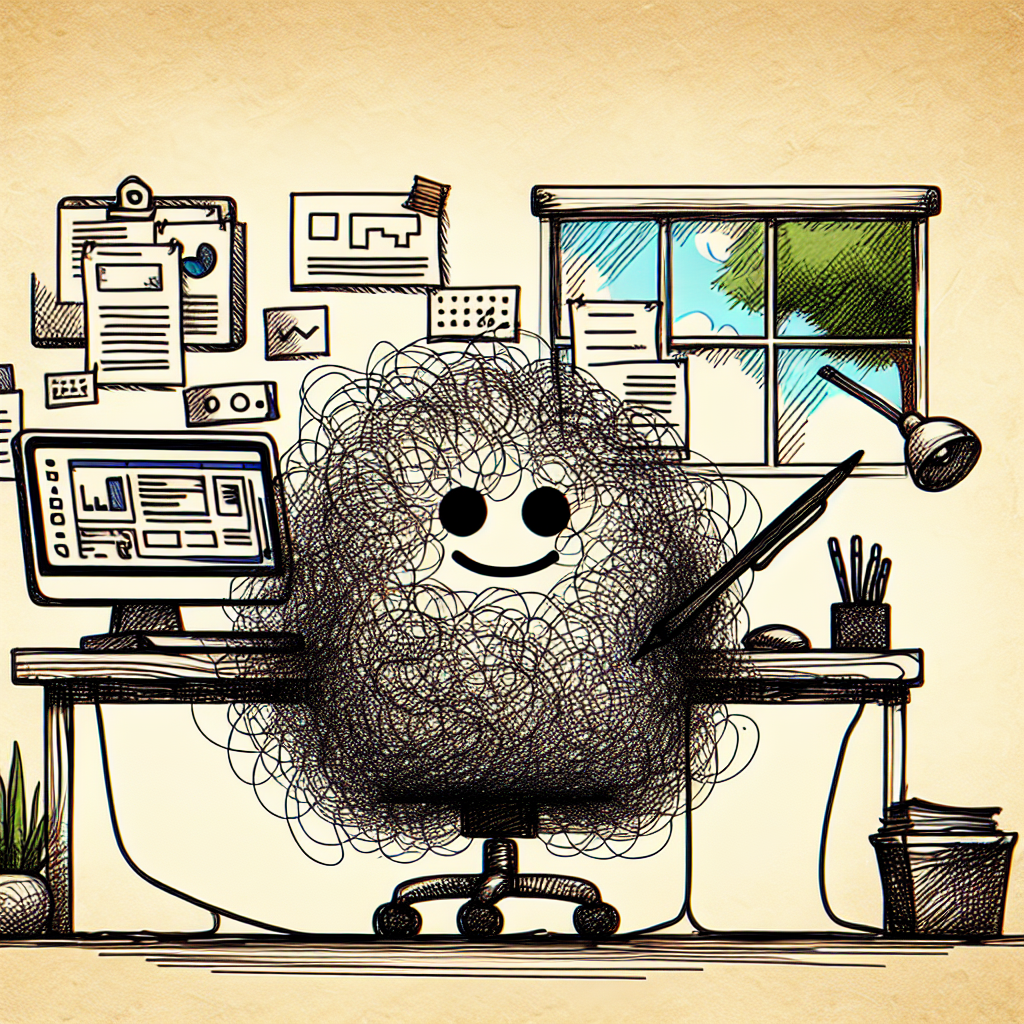
Build a Lifestyle That Supports Focus
Nutrition and Hydration
Maintaining proper nutrition and hydration is essential for sustaining mental clarity. Eating balanced meals that include omega-3 fatty acids, antioxidants, and protein can significantly improve cognitive performance. Omega-3s, found in foods like fatty fish and walnuts, support brain health, while antioxidants from fruits and vegetables help reduce oxidative stress. Protein sources such as lean meats, eggs, and legumes provide essential amino acids that support neurotransmitter function.
Hydration is equally important. Even mild dehydration can impair attention and memory. Drinking enough water throughout the day helps prevent fatigue-related distractions and supports optimal brain function.
Social Support and Accountability
Strong social connections can reinforce focus and concentration habits. Participating in study groups offers structure and motivation, making it easier to stay on task. Being surrounded by others with similar goals can create a positive feedback loop of encouragement and shared discipline.
Additionally, sharing your goals with friends, mentors, or accountability partners can increase commitment. When others are aware of your objectives, you’re more likely to follow through, knowing someone else is tracking your progress. This external accountability can be a powerful driver for maintaining consistent focus.

Conclusion: Creating a Personalized Focus Plan
Building a sustainable approach to improving focus and concentration requires personalization. There is no one-size-fits-all solution, so it's essential to combine strategies that align with your lifestyle, habits, and responsibilities. Whether it's using time-blocking, minimizing distractions, or incorporating mindfulness, the best focus and concentration tips are the ones you can realistically maintain.
As emphasized by Bowdoin College, regular self-reflection on what helps or hinders your concentration is crucial. Take time to assess your current routine—what’s working, what’s not, and what can be modified. Making small, consistent adjustments can lead to long-term improvements.
Harvard Health notes that setting realistic goals and being patient with yourself is important. Focus and concentration don't improve overnight, and setbacks are normal. Practicing self-compassion can help you stay committed to your plan.
Insights from Eastern Illinois University suggest breaking tasks into manageable steps and using checklists to keep your attention targeted. Meanwhile, Education Week highlights that lack of focus is a widespread challenge, reinforcing the importance of proactive strategies.
Lastly, East Tennessee State University recommends creating a structured environment and setting clear intentions for study or work sessions. Consistency in your environment and routine can reinforce your focus habits over time.
By combining these focus and concentration tips into a practical, flexible plan, and regularly evaluating your progress, you can build a sustainable system that fits your needs and supports your goals.
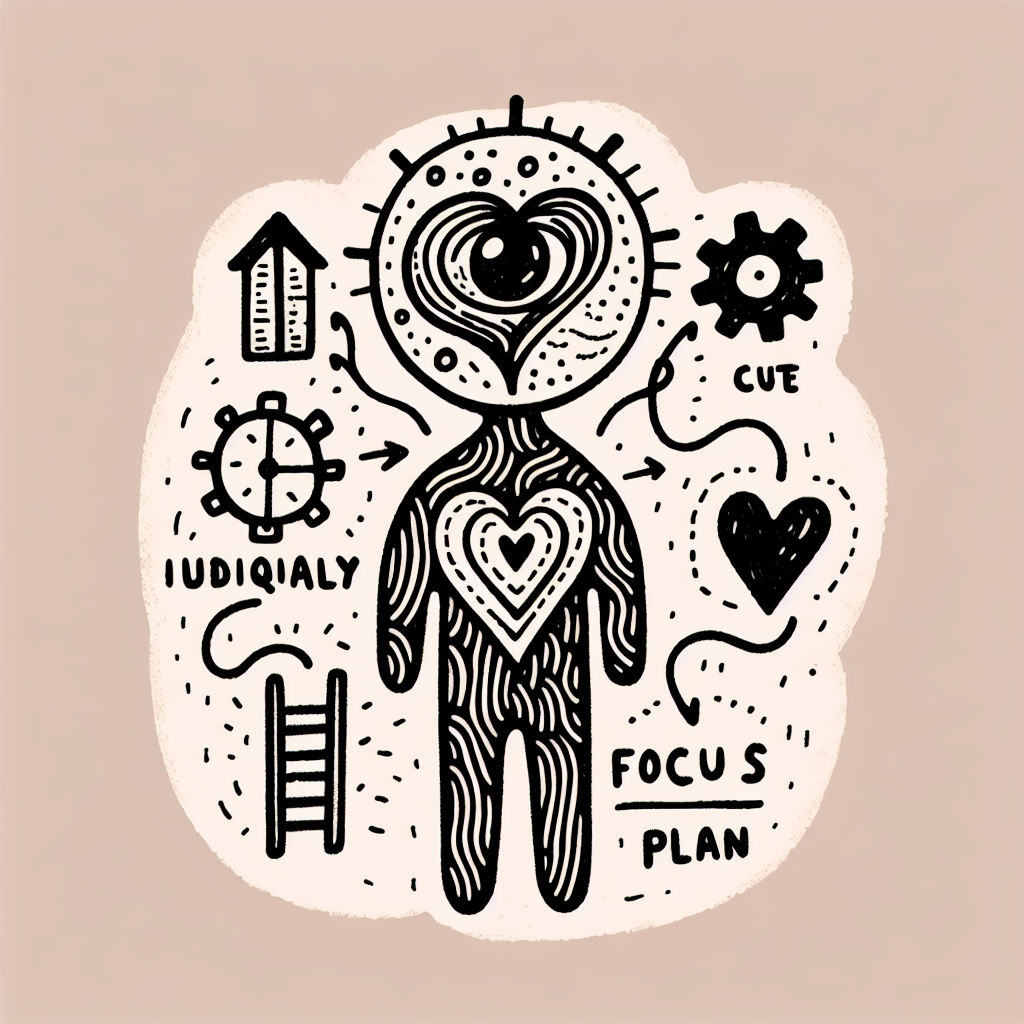



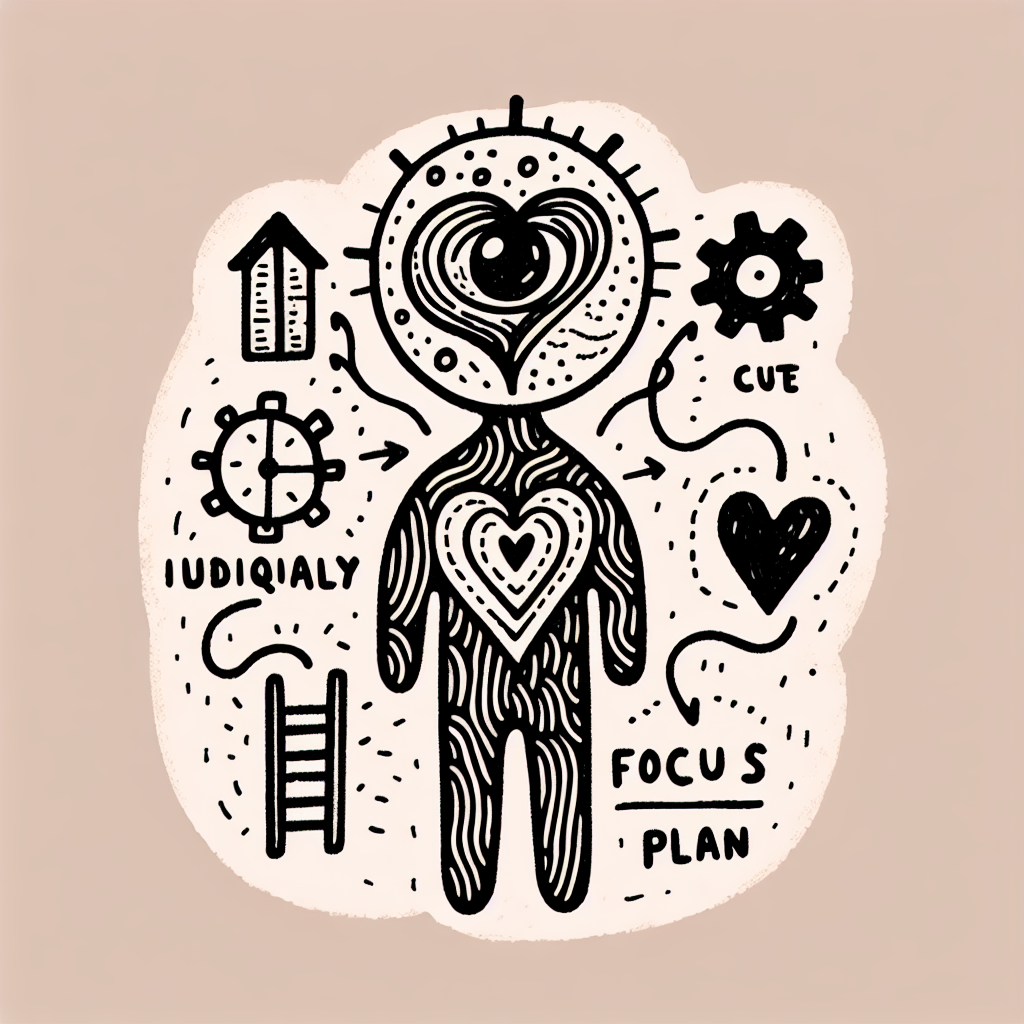


.png)






